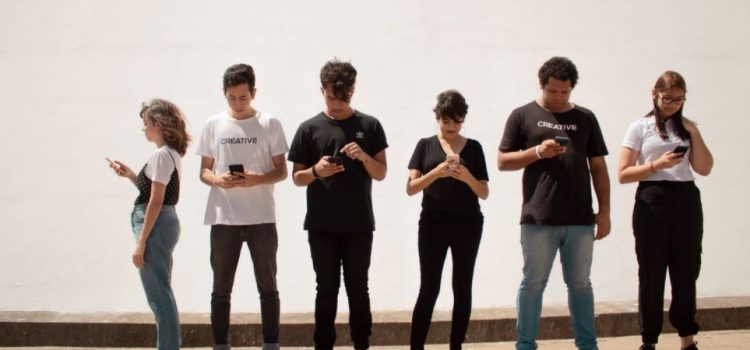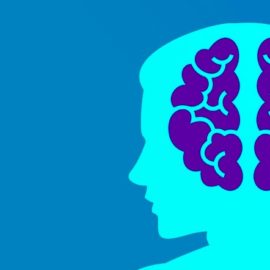

This article is an excerpt from the Shortform book guide to "The Coddling of the American Mind" by Greg Lukianoff and Jonathan Haidt. Shortform has the world's best summaries and analyses of books you should be reading.
Like this article? Sign up for a free trial here .
What is social media’s impact on mental health? In what ways is social media delaying the emotional development of children?
In their book, The Coddling of the American Mind, Jonathan Haidt and Greg Lukianoff explore how social media is delaying the emotional development of young people and causing depression, anxiety, and self-harm. This is due to the fact that prolonged time spent on these apps is transforming the digital world into the “real” world.
Keep reading to learn about social media’s impact on mental health.
Social Media and Safety Parenting
Recent years have seen a troubling rise in the number of teens and adolescents who report feeling anxious or depressed. Even more disturbing, one in five teen and adolescent females now meet the criteria for depression.
Suicides and self-harm are up since the dawn of the 2010s, especially for adolescent and teen girls, after remaining relatively steady for decades. What is driving this trend?
In Chapter 1, we introduced Generation iGen. This is the cohort of young people born roughly after 1995. In contrast to the older Millennials, iGen spent its entire formative years with access to the internet—especially social media.
An Online World
Social media can fundamentally alter one’s social relationships and interactions with the world. iGen was the first generational cohort that was able to cultivate an online persona and interact almost exclusively with a world of virtual friends.
With the proliferation of iPhones and other smartphones, all of them loaded up with social-media apps, the online world is inescapable and ever-present.
Prolonged interaction with platforms like Facebook and Instagram transforms these online spaces into the “real” world for many young people. As a result, many adolescent psychologists believe that inordinate engagement online is delaying true emotional and social development is being delayed for young people, depriving them of formative experiences and relationship-building skills in the real world.
Mental Health and Social Media
Social media’s impact on the mental health of young people is growing beyond its tendency to crowd out opportunities to develop social skills and independence. Scholars have noted that social media and excess screentime is highly correlated with depression, anxiety, and self-harm among young people.
Social media provides young people with a window into the lives of everyone in their peer group. More than ever before, teens and adolescents can see what their friends are up to at any given moment. This can have negative consequences for their emotional well-being.
Seeing all of the exciting parties and social events that your friends are participating in (and that you’re not) can trigger intense feelings of FOMO (fear of missing out) and even worse, FOBLO (fear of being left out). If you are unpopular or feel that you are being excluded, social comparison sites like Facebook and Instagram provide minute-by-minute confirmation of your isolated social status by broadcasting the glamorous and fulfilling experiences that everyone else is enjoying.
This sharpening of feelings of exclusion has proven particularly harmful to young women, whose reported rates of depression, anxiety, self-harm, and even death by suicide have risen far more sharply than those of boys—indeed, one in seven college girls today believe themselves to be suffering from a mental disorder.
This is because the social lives of teen and adolescent girls tend to be more centered around dynamics of inclusion and exclusion. The ability to filter one’s appearance and curate one’s image on social media also leads to unrealistic expectations of physical beauty for young women, who already face great pressure and anxiety about how they look.
The pressure to project an online persona of beauty and popularity becomes all-consuming and inescapable, leading to further anxiety and insecurity. Since young women also report using social media more frequently, they are also at greater risk than their male counterparts.

———End of Preview———
Like what you just read? Read the rest of the world's best book summary and analysis of Greg Lukianoff and Jonathan Haidt's "The Coddling of the American Mind" at Shortform .
Here's what you'll find in our full The Coddling of the American Mind summary :
- The "three Untruths" that have taken hold of young people
- The damage that "speech codes" cause on college campuses
- How colleges are increasingly seeing students as customers






